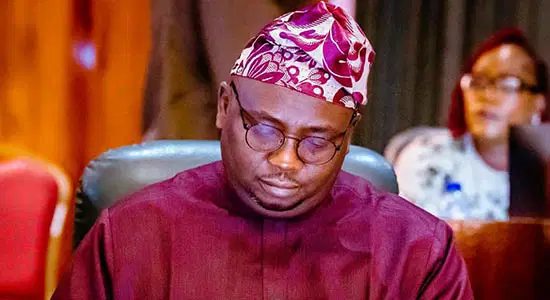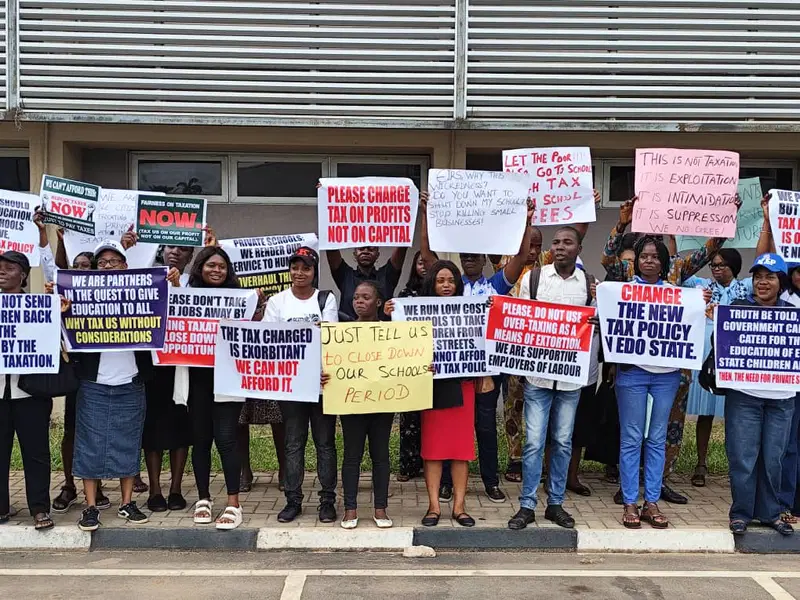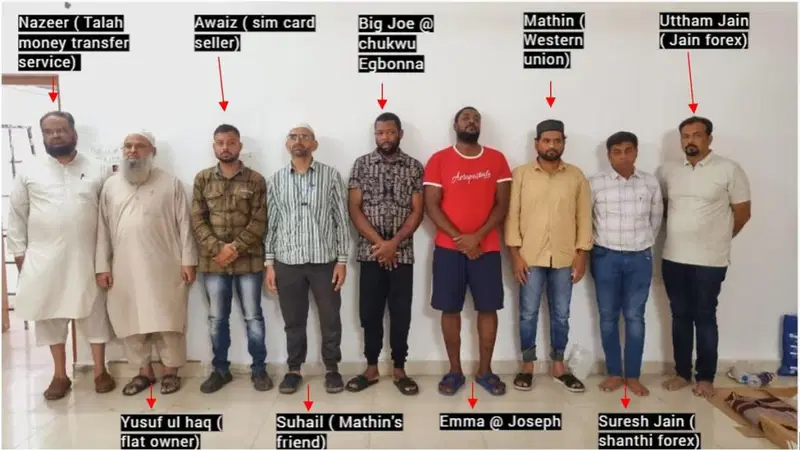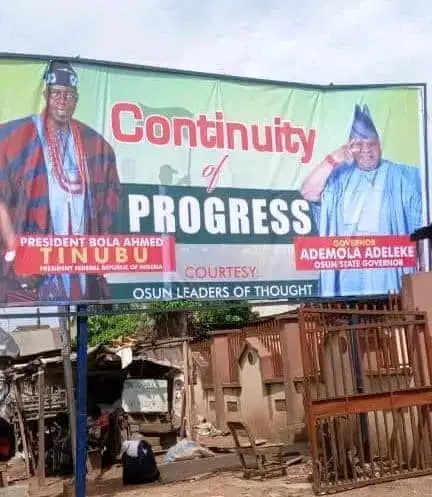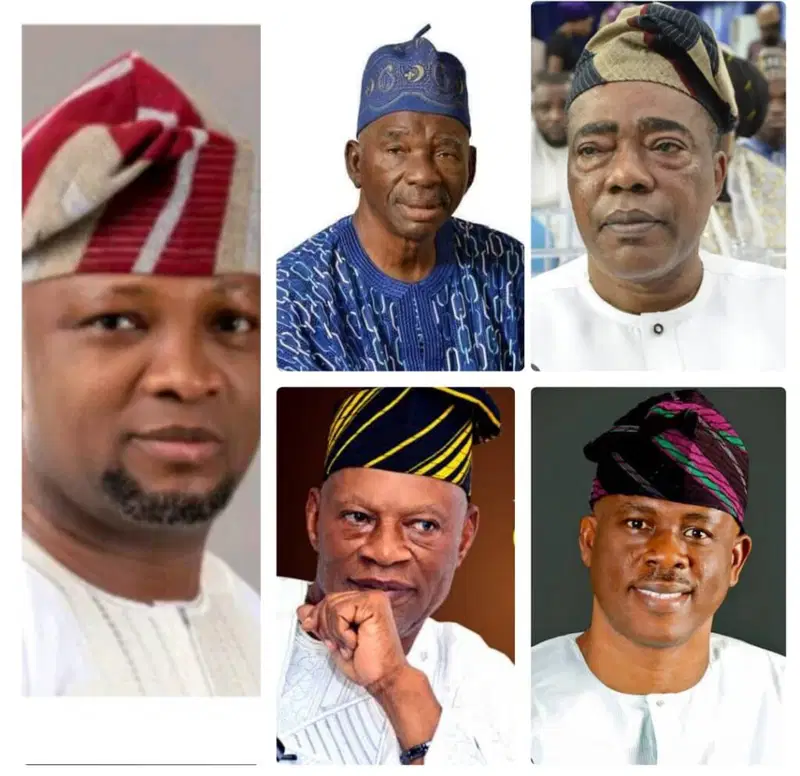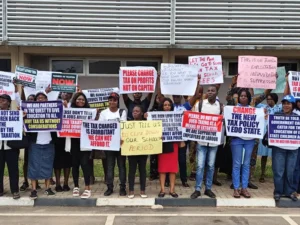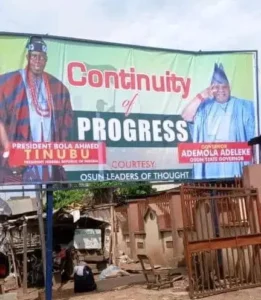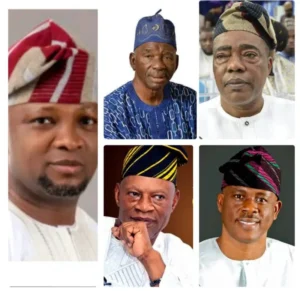- Opposition to Tariff Hike – The National Union of Electricity Employees (NUEE) strongly opposes the planned electricity tariff increase.
- Accusations Against the Government – NUEE accuses the Minister of Power and the Nigeria Electricity Regulatory Commission (NERC) of prioritizing tariff hikes over improving service delivery.
- Criticism of Justification for Tariff Increase – The union disputes the claim that the hike will only affect Band A consumers (15% of users consuming 40% of the nation’s electricity), arguing that the general public will ultimately bear the cost.
- Burden on Consumers – Higher electricity costs for businesses will be passed on to consumers, worsening economic hardship.
- Call for Sector Reforms – NUEE urges the government to focus on increasing power generation, improving transmission infrastructure, and ensuring fair and affordable electricity tariffs instead of raising prices.
- Privatization Concerns – The union criticizes the government for failing to review the 12-year-old privatization of the power sector, which they argue has not delivered expected improvements.
- Demand for Accountability – NUEE insists that electricity tariffs should reflect the quality of service provided, stating that Nigerians should not be paying for unreliable power supply.
- Appeal to the Minister – The union calls on the Minister of Power to reconsider his approach and find solutions that benefit all Nigerians rather than imposing additional financial burdens.
Workers in Nigeria’s electricity industry, under the National Union of Electricity Employees (NUEE), have strongly opposed the proposed electricity tariff hike. They accuse the Minister of Power and the Nigeria Electricity Regulatory Commission (NERC) of prioritizing tariff increases over improving service delivery.
In a petition addressed to the Minister of Power, NUEE’s Acting General Secretary, Dominic Igwebike, criticized the move, arguing that it fails to address the sector’s fundamental challenges.
“The Minister’s claim that a tariff increase is necessary to boost liquidity in the power sector has sparked controversy, especially given the sector’s existing inefficiencies,” the petition stated.
NUEE emphasized that as a key stakeholder in the power industry, it could not remain silent while consumers bear the brunt of poor policy decisions.
The union questioned NERC’s justification for the 2024 tariff hike, which was said to affect only Band A consumers—who reportedly constitute 15% of electricity users but consume 40% of the nation’s electricity. NUEE argued that, in reality, the cost increase would indirectly impact the general public.
“Who are the Band A consumers? What do they do? Who are their customers? Who ultimately bears the burden of the tariff hike?” the statement asked.
The union stressed that everyday Nigerians would be the most affected, as businesses facing higher electricity costs would transfer these expenses to consumers. Given the country’s economic difficulties, NUEE described the tariff hike as an additional hardship for citizens.
Instead of focusing on tariffs, NUEE urged the government to prioritize improving power generation, upgrading transmission infrastructure, and ensuring fair and affordable pricing.
“Rather than increasing tariffs, should the Minister not focus on making the power sector more efficient and reliable? The sector already faces financial difficulties, including a N1.6 trillion shortfall in wholesale tariffs. But passing these costs onto struggling consumers is not a sustainable solution.”
NUEE accused the Minister of Power of worsening economic hardship, arguing that Nigerians should not be forced to pay higher rates for unreliable electricity.
“The power sector has been privatized for over 12 years, yet the government has not reviewed the privatization process despite its failure. Any tariff increase should be justified by an improvement in services—Nigerians should not be paying for darkness.”
The union called on the Minister to rethink his approach, urging him to prioritize policies that would genuinely benefit Nigerians instead of imposing additional financial burdens

